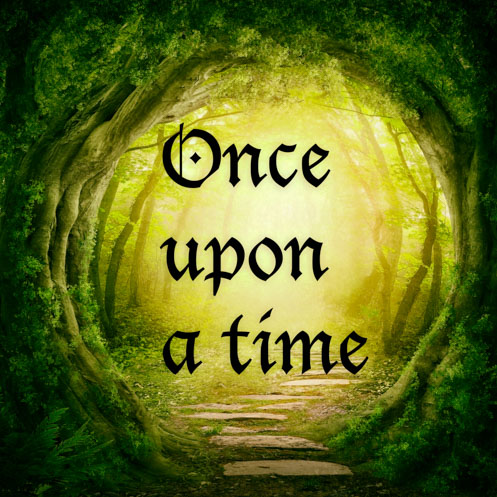- Future Students
- Current Students
- Faculty
- Staff
- Alumni
- Others
In our search for the meaning of life, why Disney may not be a bad place to start
In conversation with Dr. Nikki Martyn

Program Head of Early Childhood Studies, Dr. Nikki Martyn, explores stories and fairy tales through a psychoanalytic perspective - and discovers something far more valuable for adults.
Why explore myths and archetypes within children’s stories?
Despite all recent advances in neuroscience, there’s something amazingly powerful about the human experience, about our emotions, that we can’t seem to conceptualize when simply looking at the brain. It’s very hard to take human experience and make it concrete.
We do know about neuroplasticity. We know that the brain can change throughout our lives, and that learning new things and understanding new perspectives can change our neural connections and ultimately, our behaviours. But we don’t know what we don’t know. We’re all naturally very limited in our perspectives.
The theory ‘working models of the world’ relies on the idea that within our own small world, we develop an understanding of how things work. And then we anticipate them. As children, we learn from our relationships with our parents and others around us that this is how the world works. Then at some point, we interact with someone while holding this expectation, only to realize their world works very differently.
Stories give us ideas of a world that is bigger than ourselves, and that is different than ours. They give us new perspectives. Critical for children – but also for adults, in our constant search to understand ourselves and the world around us.
We all have this quest in life, to discover who we are, what is our purpose, our meaning, to discover love. We’re all on this quest, whether we’re conscious of it or not. Children’s stories teach us lessons about things we grapple with on an ongoing basis.
How so?
The very essence of who we are, the decisions we make, the meaning that we bring to our lives – it’s all connected to people and loved ones around us. And connecting with others, feeling heard, respected, prioritized – all these things, which is love – provide us with critical feelings of worthiness.
The fantasy isn’t about being a princess. The fantasy is about being seen. It’s truly what we all want. Stories teach us that it’s possible. They show us how to interact, how to connect with others.
It’s the core of these tales that remains relevant. It’s not about what the heroes or heroines may be doing superficially. It’s not about Cinderella cleaning floors or Snow White taking care of the seven dwarfs, or that they’re saved by a prince. It’s not about the literal story.
What myths and stories show us is a symbolic representation of this idea of how great it is to be seen by another. How great it feels to be truly understood and valued. Research tells us that as human beings, our very essence demands connection. We have to connect biologically, emotionally, socially, and psychologically.
Some might argue that a good movie, or a good story, offers an element of escapism.
There may be an aspect of escapism in story, but the truly profound stories that transcend culture and society, like so many Disney stories do, give us something more. I would argue we’re watching these movies to make sense of our own realities. We watch The Lion King to see a young man (or lion cub) journey through life, make bad choices, battle between good and bad influences. And we learn from his journey.
We often find a great deal of trauma in these stories. The loss of a parent, for instance.
Yes, we have that in Bambi, in Cinderella, in Snow White, and in The Lion King. We see a lot of trauma in Disney movies – and the most pervasive of traumas. We all know, from infancy, that life’s reality involves things we don’t like. Death, punishment, revenge, hate, envy. Yet we have to learn to deal with these.
Stories provide us with options for how others have moved on. They help us to prepare. We’re shown that it is possible to carry on, to learn from our mistakes, to be swept up in love again, to be seen for our inner beauty.
We know the saying, Zero to five lasts the rest of our lives - stressing the importance of our early years and speed at which neural pathways are formed. Which is why these stories are so important and impactful for children, but they are equally important and impactful in adulthood.
Neuroscience talks to us cognitively. We can understand it, and now we can see it. Stories, myths and archetypes speak to something else. They speak to who we are, they speak to our emotions. And that emotional connection that we develop throughout our lives affects change that we then see in our brains. Myths and fairy tales can change our perspective even if just a little – the key to learning and evolving.

